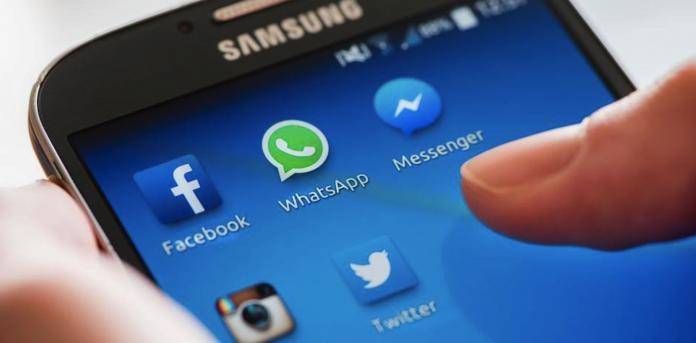
Just like humans, phones get old. We don’t want to talk about age ever but when it comes to gadgets and devices, people need to look into the manufactured date. It’s not just only for sellability but it tells you about the quality of a product. You may think it’s common sense that the older the model is, the worse it will become. But how come really? How are things slowing down with time? For Android phones, the answer is simple: storage fragmentation.
Phones naturally lag after some time. It depends on earlier performance and power but your smartphone will slow down. It will happen to even the most expensive smartphone you can buy in the market today. Recent studies tell us it’s because of storage fragmentation. It’s only one of the many reasons.
All the hours you spend on the phone running all those apps and checking social networks, they fill up storage on your device. They create data while apps run background services, writing operations thousands of times each and every day. What happens is that data are sometimes written inefficiently which results in fragmentation.
This reminds us of the old Windows and the need to defrag your hard drive. It’s something like that. As described, fragmentation can be driven by multiple factors starting from the kernel level, to the file system, to the FTL (flash translation layer) of the flash memory itself.
Tuxera listed some things on how to prevent your smartphone from getting slow:
1. Make sure your storage isn’t full
2. Reduce the number of heavy apps to the minimum
3. Check which file system your phone uses
4. If all else fails, factory reset the device
The issue of fragmentation can be solved by the OEMs. They should commit to expanding the focus and then conduct tests to ensure great performance.
VIA: Tuxera









